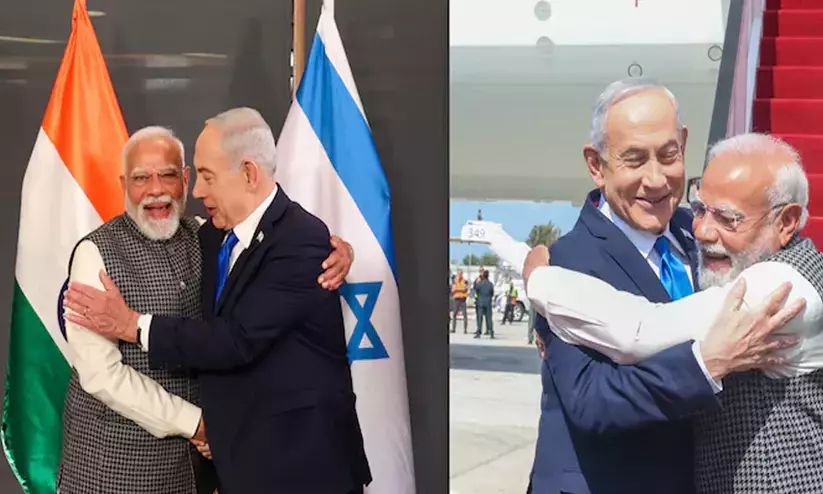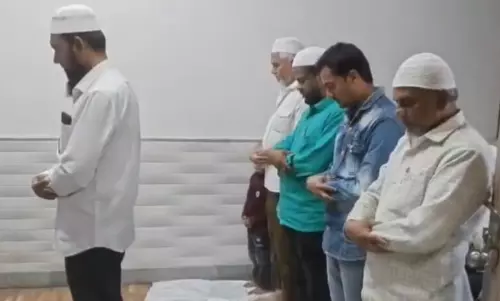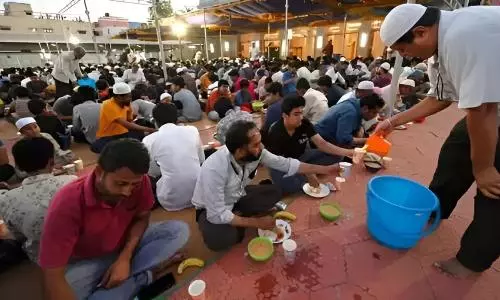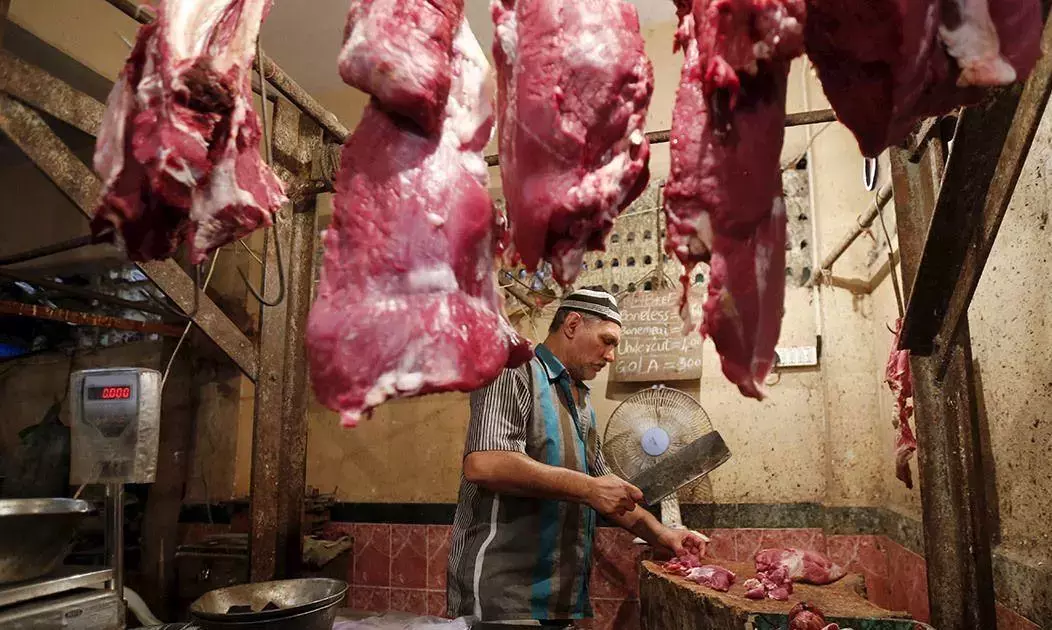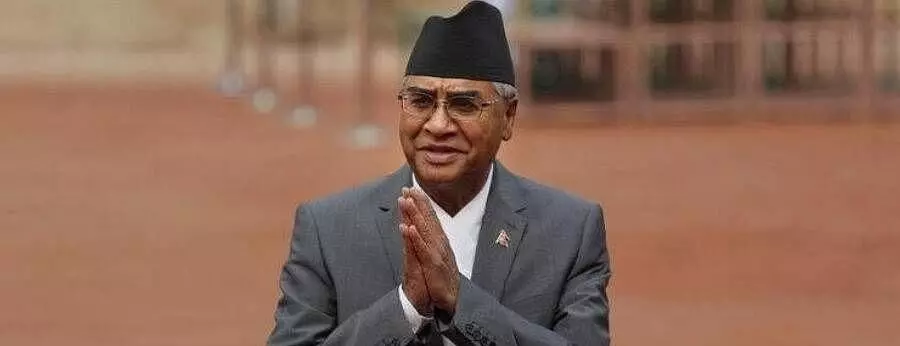
Govt formation in Nepal delayed as parties fail to find common ground
text_fieldsKatmandu: A crucial five-party alliance meeting to reach a deal for power sharing ended inconclusively here on Saturday, a day ahead of the deadline established by the president. As a result, Nepal's major political parties were unable to end the deadlock over the formation of a new government.
As Prime Minister Sher Bahadur Deuba and coalition partner Pushpa Kamal Dahal 'Prachanda' negotiated the power-sharing agreement, President Bidya Devi Bhandari on Sunday urged all political parties in Nepal to establish a new government within seven days.
As no single party got a majority in the House of Representatives (HoR) election held on November 20, the president has called for submitting a claim by a member of the HoR who can garner a majority with support from two or more parties, as stipulated in the Article 76 clause 2 of the Constitution.
The deadline for submission of the claim is 5 pm on December 25, according to a statement issued by the Office of the President.
Inter-party consultations and power-sharing deals have so far failed to bear any result.
The top leaders of the ruling coalition gathered at Prime Minister Deuba's residence at Baluwatar on Saturday evening to discuss the formation of the new government and power-sharing issues.
Besides Prime Minister Deuba and Maoist chief Prachanda, CPN-Unified Socialist chairperson Madhav Nepal and Rashtriya Janamorcha chairman Chitra Bahadur K C among others were present at the meeting.
As the five-party alliance meeting on power sharing ended inconclusively, Prime Minister Deuba and Prachanda agreed to sit again on Sunday to hammer out a solution for the government formation, said senior Maoist leader Ganesh Shah.
During a meeting with senior leaders of the ruling Nepali Congress (NC) on Friday, Prachanda urged NC to support his bid to become the prime minister in the first half of the five-year tenure, arguing that the party became the largest party in the HoR with the support of ruling alliances, including the Maoist Centre.
There is a tacit understanding between Prime Minister Deuba and Prachanda to lead the coalition in two terms, according to a senior leader of Nepali Congress Prakash Man Singh, who was present in the meeting.
"The Nepali Congress claimed that being the largest party, it should get the chance to lead the government in the first-half term," Singh told PTI.
"The party has offered the post of Speaker of the Lower House to the Maoist Party, staking its claim for the prime minister's post in the first half term and the post of the president for the party," Singh added.
If the ruling alliances failed to reach an agreement within the deadline, the political parties may request the president to give more time for the formation of a new government.
There is also the possibility of President Bhandari calling for the formation of a minority government under Article 76 (2).
Under this provision, the president may ask the largest party, the Nepali Congress, to form a government under its leadership, and prove majority support within 30 days after the forming of the new government.
According to a senior leader of the CPN-MC, the formation of the new government by Sunday is unlikely and parties may need more time for negotiations to strike a deal for power sharing.
No party in the 275-member House of Representatives has 138 seats required to form a government.
The Nepali Congress (NC) led by Deuba emerged as the single largest party in the election with 89 seats followed by opposition CPN-UML with 78 seats and CPN-Maoist Centre led by Prachanda secured 32 seats.
The newly-formed Rashtriya Swatantra Party (RSP) has 20 seats, Rashtriya Prajatantra Party 14, Janata Samajwadi Party (JSP) 12 and Janamat Party six seats. CPN (Unified Socialist) has 10 seats, Loktantrik Samajwadi Party (LSP) has four, and Nagarik Unmukti Party has three seats. Rashtriya Janamorcha and Nepal Workers and Peasants Party have one seat each.
There are five independent members in the Lower House.
The Nepali Congress along with the other ruling alliances has a combined strength of 136 seats, two seats short of forming the majority government.
The ruling coalition, which has decided to remain intact to form the next government, has multiple prime ministerial aspirants, especially from the Nepali Congress.
During the election campaign, at least half a dozen senior Nepali Congress leaders had disclosed their intent to fight for the prime ministerial position should they win the election.
The Congress is struggling to elect its parliamentary party leader as per the party statute.
Despite his party winning fewer seats this time, Prachanda reportedly was encouraged to stake his claim to the leadership of a new coalition after the CPN-UML led by former premier K P Sharma Oli started luring him with a promise of support for his prime ministerial bid.
Prachanda has claimed that his party has the key to forming the next government
With PTI inputs




